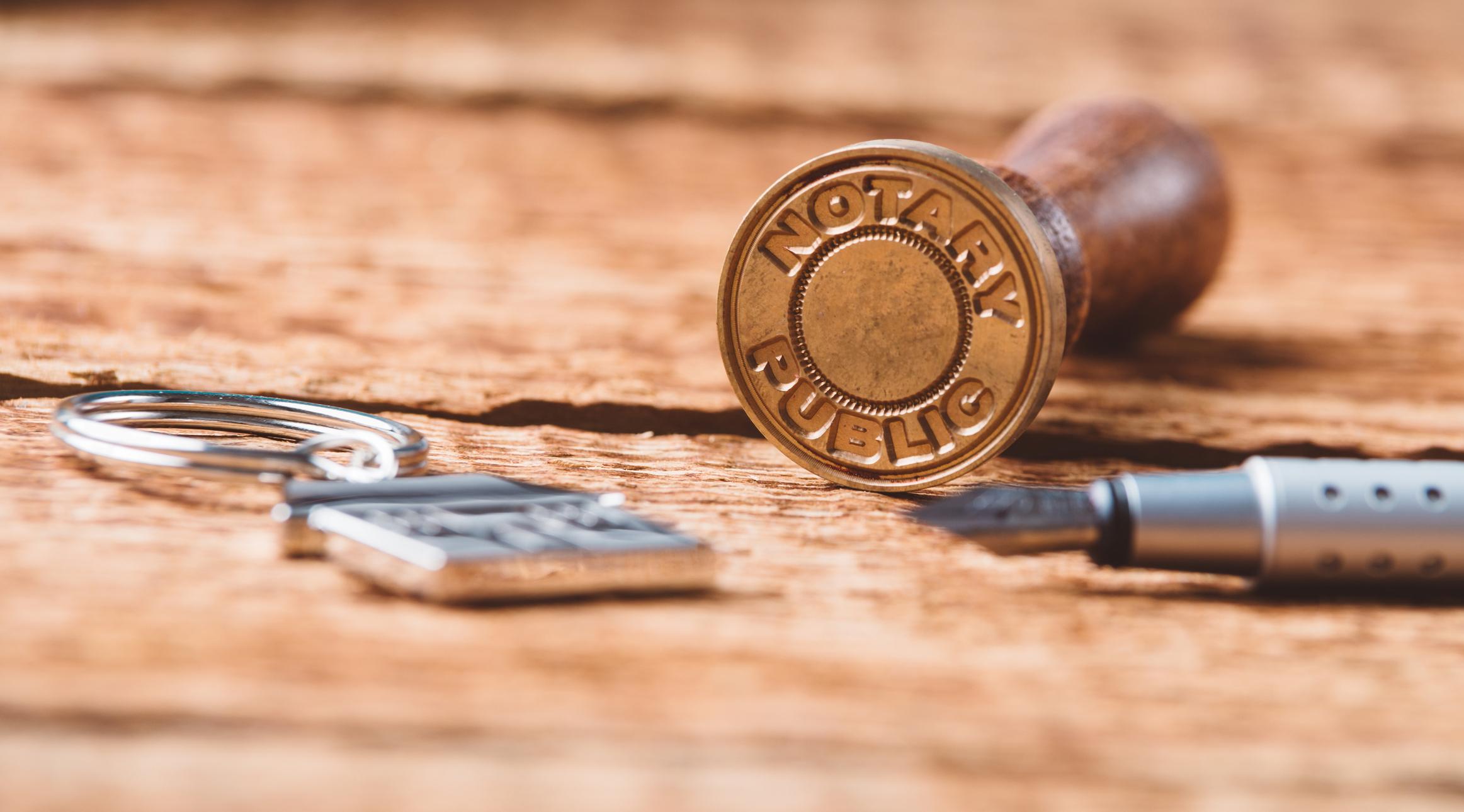Experienced Conveyancer: Browsing Home Transfers with Knowledge
Experienced Conveyancer: Browsing Home Transfers with Knowledge
Blog Article
Debunking Notarial Job: Simplifying the Duty and Significance of Notaries
Their function, usually shrouded in enigma for several, lugs substantial weight in making certain the legitimacy and stability of vital papers. By unwinding the intricacies dropping and surrounding notarial practices light on the importance of their acts, a clearer understanding arises of the vital role notaries play in promoting the material of legal and legal arrangements.
The Background of Notarial Work
The history of notarial job days back to ancient people, where scribes played an essential duty in recording crucial details and verifying papers. This led to the growth of notaries, individuals designated by the state to act as objective witnesses in lawful matters.
During the Middle Ages, notaries got prestige in Europe, with their features increasing to include preparing lawful records, certifying signatures, and protecting documents. The surge of international trade even more stressed the relevance of notarial operate in verifying agreements and agreements across boundaries.
In the contemporary period, notaries remain to play an important function in legal and company deals by validating identifications, validating the authenticity of papers, and stopping fraudulence. Their duty in certifying the validity of agreements adds a layer of security and count on to the ever-evolving landscape of commerce and law.

Responsibilities and Responsibilities of Notaries
Notaries play an essential function in validating the authenticity of papers and the identification of signatories. One of their main responsibilities is to witness the signing of vital files, such as acts, contracts, and wills, to ensure that all celebrations are getting in into contracts intentionally and voluntarily.
Additionally, notaries are charged with carrying out oaths and affirmations, which are vital in legal proceedings and the implementation of testimonies. They certify copies of initial records, providing assurance to organizations that the duplicates hold true reproductions of the originals. Notaries must maintain precise documents of all transactions they manage to ensure transparency and liability. In general, the obligations and obligations of notaries are important in securing the honesty and validity of numerous records and purchases.
Notarial Certificates and Signatures
Exhibiting careful interest to detail, notarial certifications and trademarks function as vital elements in validating the authenticity of lawful papers. Notarial certificates typically contain crucial details such as the day of registration, the names of the signatures, a summary of the file, and the notary's official seal. These certifications offer a clear document of the notarial act, making certain that the paper can be easily recognized and traced back to the notary who supervised the process.
Signatures play a crucial duty in notarial work, as they indicate the contract and permission of the events included. Notaries carefully witness the finalizing of documents to validate the identity of the notaries and confirm that they are signing of their very own free choice. By fastening their official seal and trademark to the document, notaries blog here accredit that the necessary procedures have actually been followed and that the record is valid and enforceable.
Fundamentally, notarial certificates and trademarks are the characteristic of authenticity in legal purchases, providing assurance to all go to this web-site events involved that the files are reputable and binding.
Importance of Notarial Acts
:max_bytes(150000):strip_icc()/GettyImages-598314157-cb6389c9e28f4c1aaf002263febab019.jpg)
Notarization Process Discussed
Describing the registration procedure supplies clearness on the crucial actions associated with confirming lawful records. The registration procedure commonly starts with the specific providing the paper to a notary public. The notary then confirms the signer's identity through acceptable recognition approaches. When the identity is confirmed, the notary guarantees that the individual signing the record does so voluntarily and with no browbeating.

Conclusion

Notarial certificates generally consist of crucial info such as the day of registration, the names of the signatories, a description of the paper, and the notary's main seal. These certifications provide a clear record of the notarial act, making sure that the record can be easily identified and traced back to the notary who managed the procedure.
By fastening their main seal and signature to the document, notaries certify that the required procedures have actually been adhered to and that the paper is legitimate and enforceable.
By validating the identification of the signatories, confirming their willingness to enter right into the arrangement, and licensing the day and area of the finalizing, notaries play an important function in supporting the credibility of lawful files.After the document is authorized, the notary will certainly attach their main seal or stamp onto the paper.
Report this page